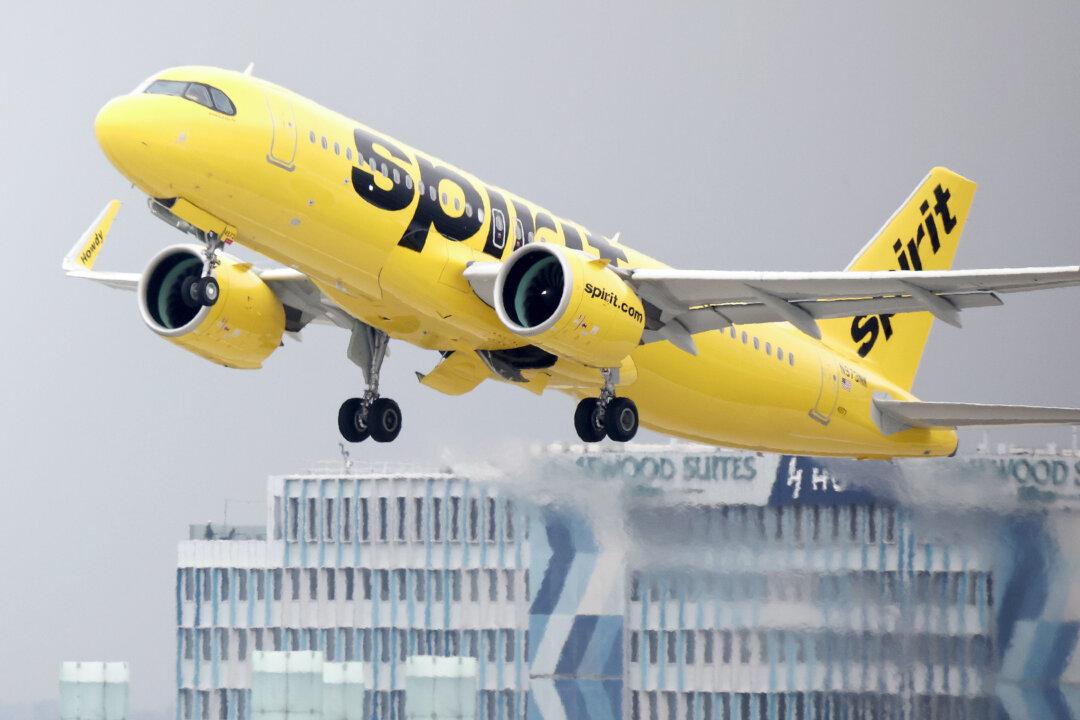Spirit Airlines plans to furlough 260 pilots in September as the company delayed orders for some of its aircraft by around five years in a bid to save money.
Spirit entered into an agreement with aerospace company Airbus to defer all aircraft orders that are “scheduled to be delivered in the second quarter of 2025 through the end of 2026 to 2030–2031,” the airline said in an April 8 press release. The decision was taken to improve the company’s financial position. Due to the aircraft deferral as well as engine availability issues, Spirit announced plans to “furlough approximately 260 pilots effective Sept. 1, 2024.”





